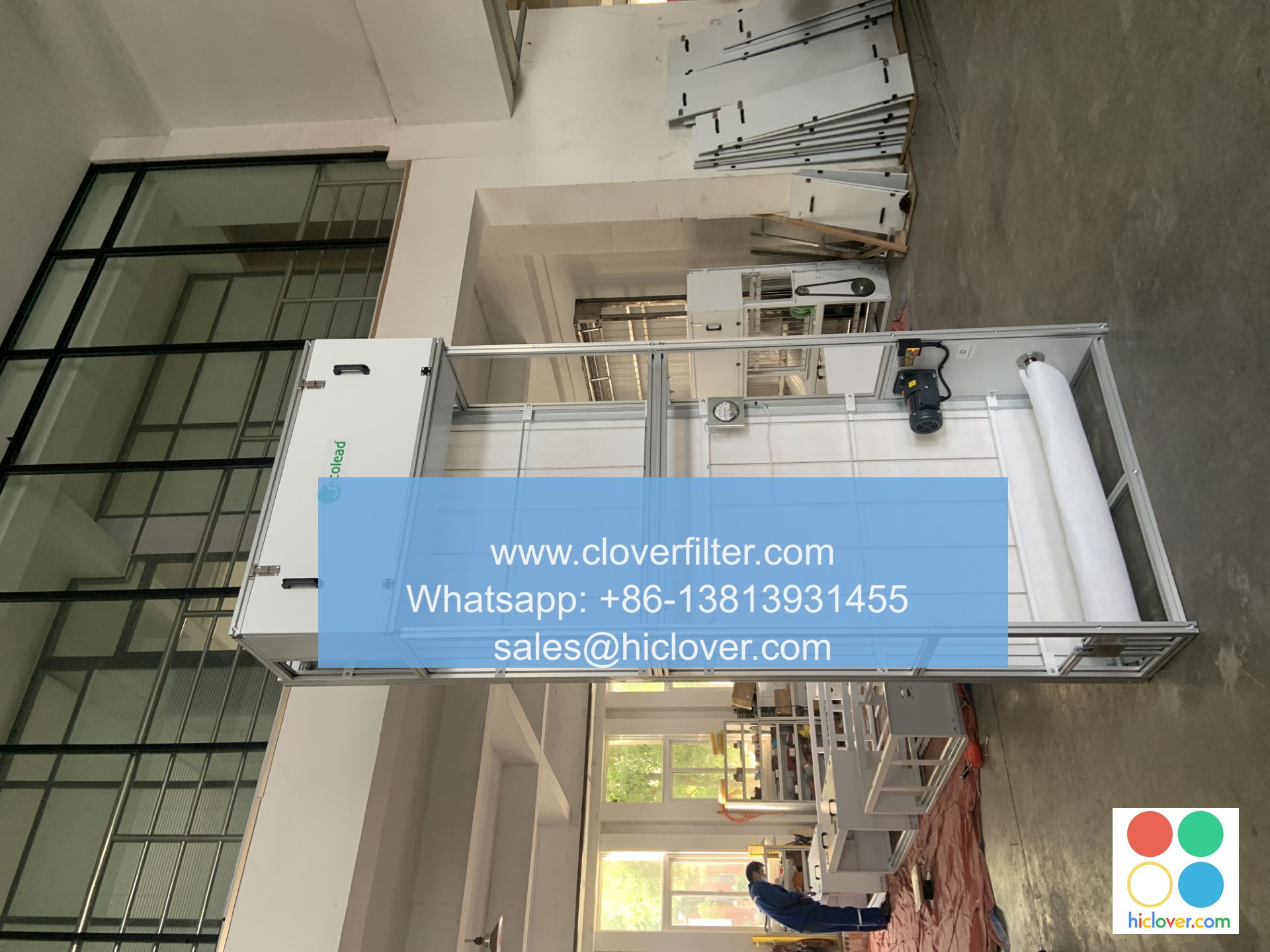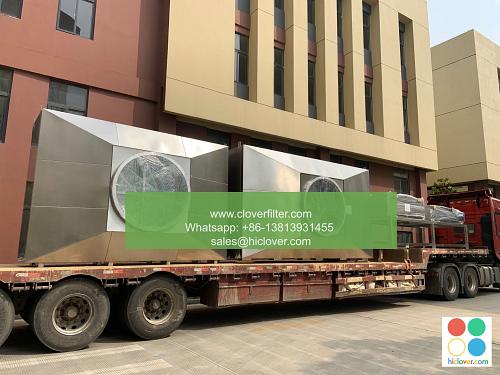The Importance of Air Filter Cleaning and Sanitizing for Food Processing and Handling

In the food processing and handling industry, maintaining a clean and sanitized environment is crucial to prevent contamination and ensure the quality and safety of food products. One critical aspect of this is Air Filter Cleaning and Sanitizing, which plays a vital role in removing airborne contaminants and preventing the spread of microorganisms. In this article, we will discuss the importance of air filter cleaning and sanitizing for food processing and handling, highlighting various application areas and emphasizing the need for regular maintenance and sanitization protocols.
Why Air Filter Cleaning and Sanitizing is Crucial
Air filters are designed to capture airborne particles, including dust, pollen, and microorganisms, which can contaminate food products and pose a risk to consumer health. However, if air filters are not properly cleaned and sanitized, they can become a breeding ground for bacteria, viruses, and other microorganisms, which can then be released back into the air and contaminate food products. This can lead to a range of problems, including food spoilage, product recalls, and even foodborne illnesses. Regular air filter cleaning and sanitizing can help prevent these problems by removing airborne contaminants and preventing the growth of microorganisms.
Application Areas for Air Filter Cleaning and Sanitizing
Air filter cleaning and sanitizing is essential in various food processing and handling applications, including:
* Dairy processing: Air filters are used to remove airborne contaminants and prevent the growth of bacteria and other microorganisms that can affect the quality and safety of dairy products.
* Meat processing: Air filters are used to remove airborne particles and prevent the spread of microorganisms that can contaminate meat products and pose a risk to consumer health.
* Bakery and confectionery: Air filters are used to remove airborne particles and prevent the growth of mold and yeast that can affect the quality and safety of baked goods and confectionery products.
* Frozen food processing: Air filters are used to remove airborne contaminants and prevent the growth of microorganisms that can affect the quality and safety of frozen food products.
Benefits of Regular Air Filter Cleaning and Sanitizing
Regular air filter cleaning and sanitizing can provide numerous benefits, including:
* Improved indoor air quality: Clean and sanitized air filters can help remove airborne contaminants and improve indoor air quality, creating a healthier environment for food processing and handling.
* Reduced risk of contamination: Regular air filter cleaning and sanitizing can help prevent the growth of microorganisms and reduce the risk of contamination, ensuring the quality and safety of food products.
* Increased efficiency: Clean and sanitized air filters can help improve the efficiency of air handling systems, reducing energy costs and improving overall system performance.
* Compliance with regulations: Regular air filter cleaning and sanitizing can help food processing and handling facilities comply with regulations and standards, such as HACCP and GMP.
Best Practices for Air Filter Cleaning and Sanitizing
To ensure the effective cleaning and sanitizing of air filters, food processing and handling facilities should follow best practices, including:
* Regular maintenance schedules: Establish regular maintenance schedules to ensure air filters are cleaned and sanitized at recommended intervals.
* Sanitization protocols: Develop and implement sanitization protocols to ensure air filters are properly sanitized and free from microorganisms.
* Training and education: Provide training and education to personnel on the importance of air filter cleaning and sanitizing and the proper procedures for maintenance and sanitization.
* Monitoring and verification: Monitor and verify the effectiveness of air filter cleaning and sanitizing protocols to ensure they are working as intended.
In conclusion, air filter cleaning and sanitizing is a critical aspect of food processing and handling, playing a vital role in removing airborne contaminants and preventing the spread of microorganisms. By highlighting various application areas and emphasizing the need for regular maintenance and sanitization protocols, food processing and handling facilities can ensure the quality and safety of their products and maintain a clean and sanitized environment. By following best practices and regulatory guidelines, facilities can prevent contamination, reduce the risk of foodborne illnesses, and ensure compliance with industry standards. Prompt

